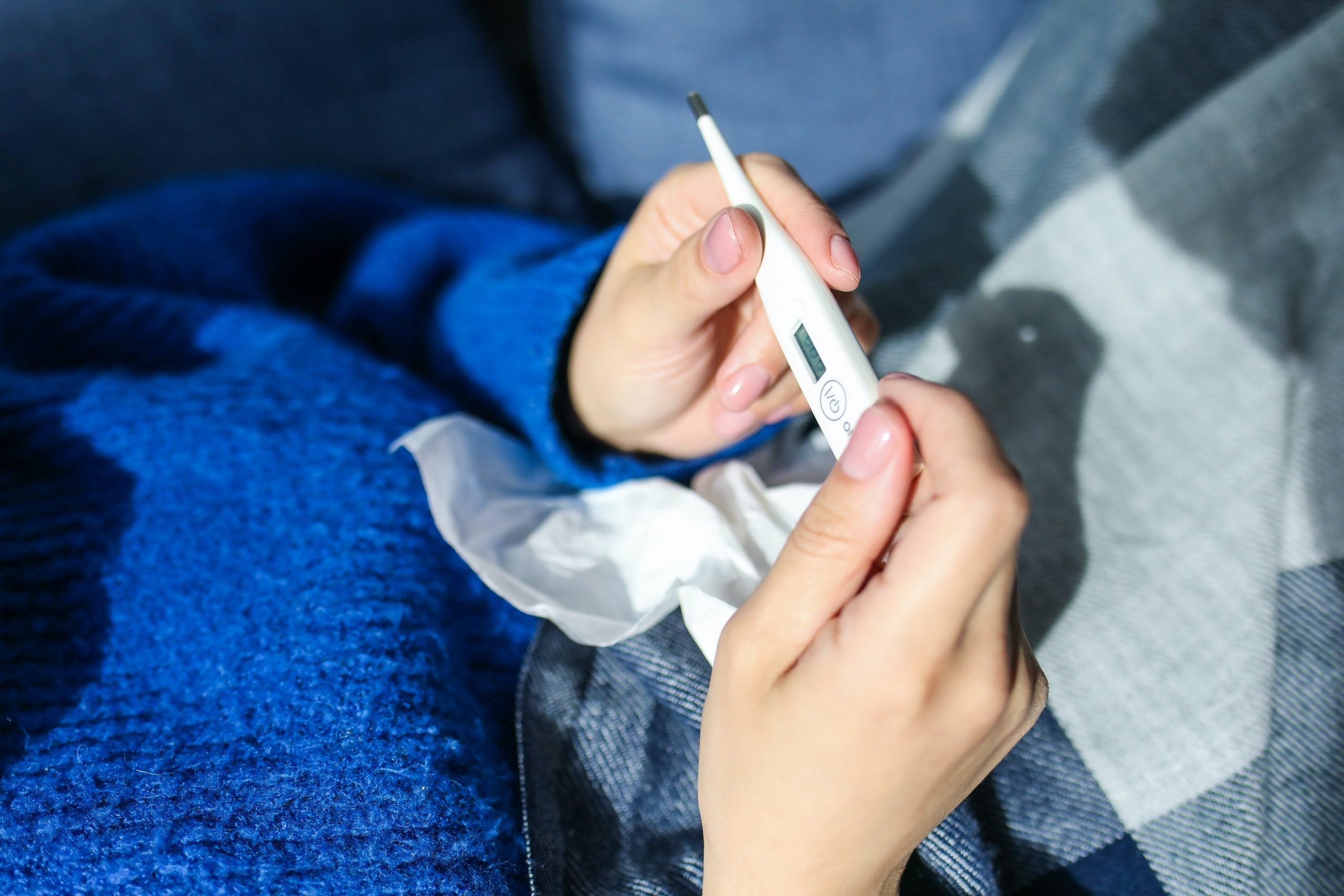The study was published in the New England Journal of Medicine and was conducted by Weill Cornell Medicine Qatar.
A new study by Weill Cornell Medicine Qatar (WCMQ) has revealed that those reinfected with Covid-19 have very little chances of requiring hospitalisation and even less chance of dying than the first time they were infected with the disease.
According to the WCMQ study, the odds of those reinfected to face severe symptoms are 90% lower than when they first contracted Covid-19.
The Qatar-based study was published on Wednesday in the New England Journal of Medicine. It found that there were few confirmed reinfections among 353,326 people who got Covid-19 in Doha, and that the rare cases of re-infection generally presented mild symptoms.
Qatar’s first wave of coronavirus infections came between March and June of 2020 and by the end of the first wave, about 40% of the population had detectable antibodies against the virus.
The Gulf state later faced two more waves of infection from January through May of 2021 before the infection rate was able to plateau and then slowly decline.
The scientists at WCMQ were able to reach these results after they compared records of people with infections confirmed via PCR swab tests between February last year and April 2021. They excluded 87,547 people who were at the time vaccinated.
Research found that among the remaining cases, there were only 1,304 reinfection cases. The median time between the first Covid-19 infection and reinfection was about 9 months.
Within the 1,304 cases, only four were severe enough to require hospitalisation and no cases among the reinfections required intensive care.
In the initial infection cases, 28 were considered critical, and seven deaths were recorded among these cases. No deaths were recorded among the reinfected group.
The limitations of the research was mainly due to the nature of the virus at the time of the study, when the alpha and beta variants were responsible for the reinfections.
There were 621 cases where the variant was undetermined and 213 cases that resulted from a “wild type” virus. The study made no mention of the delta variant, which is now the predominant strain infecting the world’s population.
Earlier research has revealed that natural immunity decreases ones risk of infection. One study from Denmark found that most people who contracted Covid-19 had protection from reinfection that remained stable for over six months, but those who were getting reinfected were mostly aged 65 and older.
The Denmark study did not clarify how long protection lasts, and neither does the new Qatar study.







